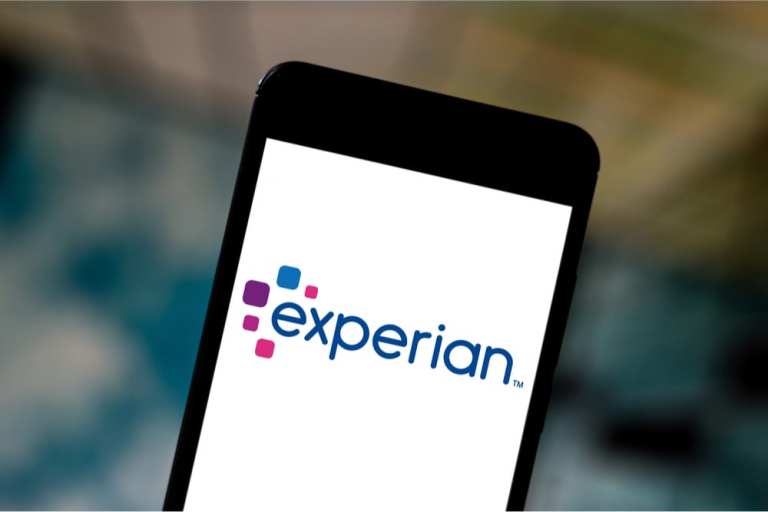Netflix Payments Added To Experian Boost

Netflix customers can now see their on-time Netflix payments reflected on Experian, the Dublin-based multinational consumer credit reporting company, CNBC reported.
Starting Monday (July 27) consumers can include Netflix payment history on their Experian Boost accounts which can improve their credit scores.
“We know consumers are watching more television, and we also know that many consumers are also cutting cable and moving to streaming services, so it’s the right time for us to look at including a service like this,” Jeff Softley, president at Experian Consumer Services, told CNBC.
Experian Boost is a free service that connects a consumer’s bank accounts to qualifying on-time bill payments and with the consumer’s permission, adds them to their credit file.
Before Netflix was added, only utility bills, including telephone, internet, cable, gas, electric and water qualified for Boost.
Since its launch more than a year ago, more than 4 million consumers have connected their accounts to Boost with 29 million points boosted on their FICO score, Softley added.
While results vary and there’s no guarantee FICO scores will rise, he said, on average, users see a 13-point increase in their score, based on Experian data.
The service does not impact a consumer’s credit score with the other two credit bureaus, Equifax and TransUnion.
Last week, Apple Card holders said reporting of their credit card use is now appearing on Experian. Until then, it had been limited to TransUnion, the Chicago-based consumer credit reporting agency.
In March, PYMNTS reported credit bureaus looking to bulk up credit files of borrowers who have too little credit history to qualify for loans have added on-time rent payments or a lack of bounced checks to reports. Equifax said it collaborated with the United Kingdom’s rent-reporting platform CreditLadder so Equifax credit assessments include a consumer’s rent payment history. The connection is expected to help CreditLadder customers who pay their rent on time get better FICO stores.
Ted Rossman, industry analyst at CreditCards.com, said 53 million Americans lack a credit score because they don’t have enough information on file to generate a FICO rating which requires consumers to have credit-card accounts, car loans, mortgages or personal loans. Rossman said individuals who lack such information are mostly older consumers who might have paid off their mortgages long ago or young adults who are just getting started.
“I would like to see more rent payments reported to the credit bureaus,” as it’s indicative of the responsibility level of individuals with their finances,” Rossman said.